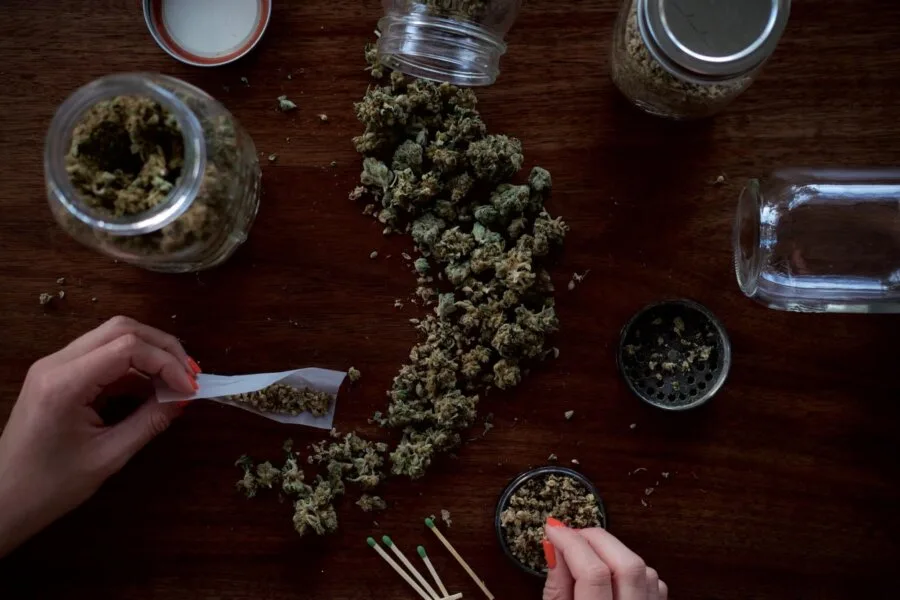
Michigan has had four years to enjoy the recreational use of cannabis. Nowadays, weed is cheap, the state is raking in tax cash—and the idea that you can only smoke weed in private is changing.
MICHIGAN—Here’s a look at how the cannabis industry has evolved over the last four years:
Marijuana is still illegal on the federal level.
Although President Joe Biden recently pardoned thousands with felony convictions for simple marijuana possession, weed is still a Schedule I substance. Biden has called for reviewing that classification—so there is a possibility this will change in the coming months or years. But for now, that means you cannot legally smoke or possess weed in public or on federal lands—like at national parks and airports.
The tides are changing to support legal public consumption.
Although you primarily need to keep your cannabis-related activities private, you can smoke in public if you are at a licensed cannabis consumption lounge. In early 2022, Michigan awarded the first license for a cannabis consumption lounge to Hot Box Social in Hazel Park, owned by Trucenta, the company that also owns Hazel Park’s Breeze dispensary. The 3,000-square-foot venue has large outdoor patio and serves as a model for future consumption lounges across the state. Cannabis products, which visitors can choose with the help of a cannabis expert, must come from a licensed shop and be used on site.
Other companies have opened lounges throughout 2022—including the Kalkushka Lounge in Kalkaska. Michigan-based dispensaries and growers are continuing the march forward to open more lounges across the state, many of which pull inspiration from cannabis-friendly coffee shops in Amsterdam.
It’s cheap to buy weed in Michigan.
Since the legalization of recreational use, hundreds of dispensaries have popped up across Michigan. The latest statistics show there are more than 500 medical marijuana dispensaries and more than 470 recreational shop—supported by over 1,000 licensed growers statewide. Those numbers are poised to keep growing as the state keeps issuing licenses. The supply is also helping to drive prices down.
You might feel some added pressure from higher gas and grocery prices in the current economy, but your weed is still cheap. Data from the state’s Cannabis Regulatory Agency shows that the average retail price for an ounce of weed in September 2022 was $110—enough to roll up 28 hefty joints. That’s a 46% price drop from 2021—and 73% lower than the average cost in September 2020.
Marijuana sales keep breaking record highs.
So far, Michigan has had three record-breaking months of sales in 2022—including $212 million in September. And sales have continued to grow every year. In September, more than $195 million in recreational products were purchased across Michigan, along with $17 million in medical products.
That’s $2 million more than the previous sales record set in July—and $17 million more than April. Flower products and vape cartridges make up the majority of sales, both medical and recreational.
Tax revenues from cannabis sales are doing good things.
In April 2022, the Michigan Department of Treasury distributed about $150 million in cannabis tax revenues to support local communities. A total of $42.2 million was sent directly to 62 cities, 15 villages, 33 townships, and 53 counties—about four times the amount of money recipients collected in 2021.
Local government units were eligible for a chunk of the $42.2 million based on the number of licensed retail stores in their jurisdiction. Each local government received $56,400 per business—more than double the $28,000 from the previous year. The remainder of the $150 million was split between the School Aid Fund and the Michigan Transportation Fund, with each receiving $49.3 million this year.
Michigan has also used tax revenue from pot sales to offer grants that support research on the benefits of cannabis at both the University of Michigan and Wayne State University. The law that legalized cannabis in Michigan also included a clause that requires the state to award at least $20 million in grants each year to learn more about how marijuana can help veterans with pain and suicide prevention.
Politics
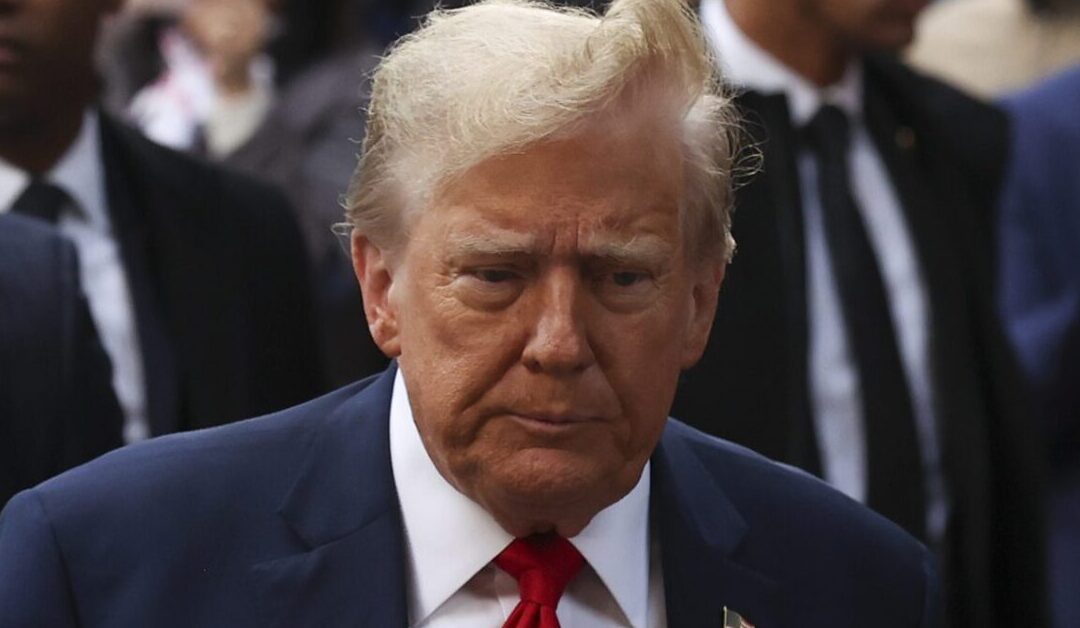
Investigator says Trump, allies were uncharged co-conspirators in plot to overturn Michigan election
DETROIT—A state investigator testified Wednesday that he considers former President Donald Trump and his White House chief of staff to be uncharged...
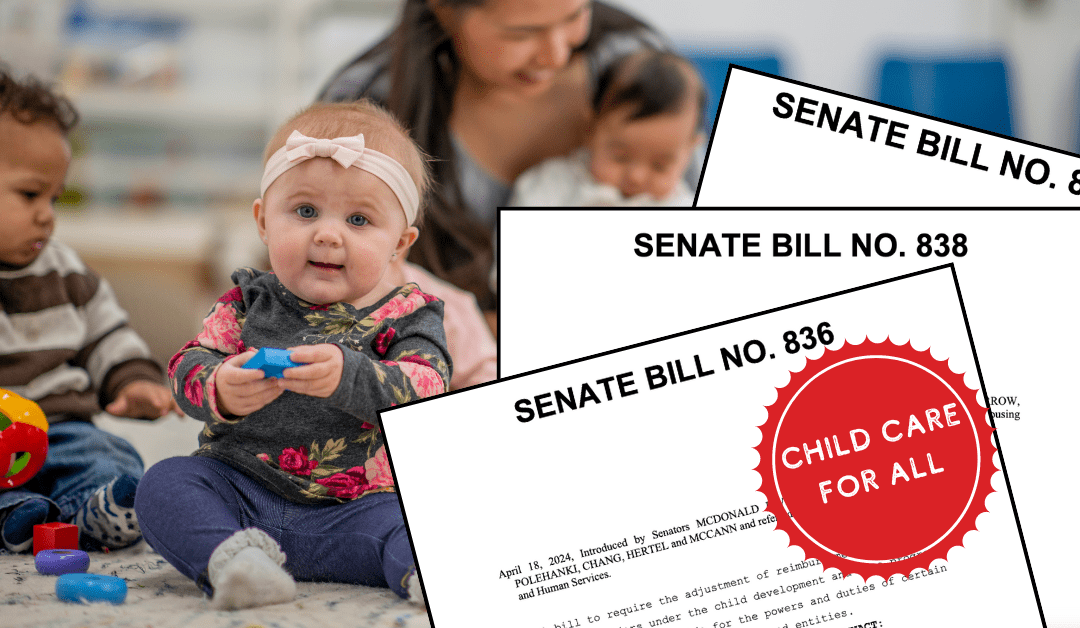
Michigan Dems introduce ‘Child Care for All’ legislation to lower costs for families
Lawmakers say Michigan is facing a ‘child care crisis.’ But a series of bills introduced this month would help to make child care (much) more...
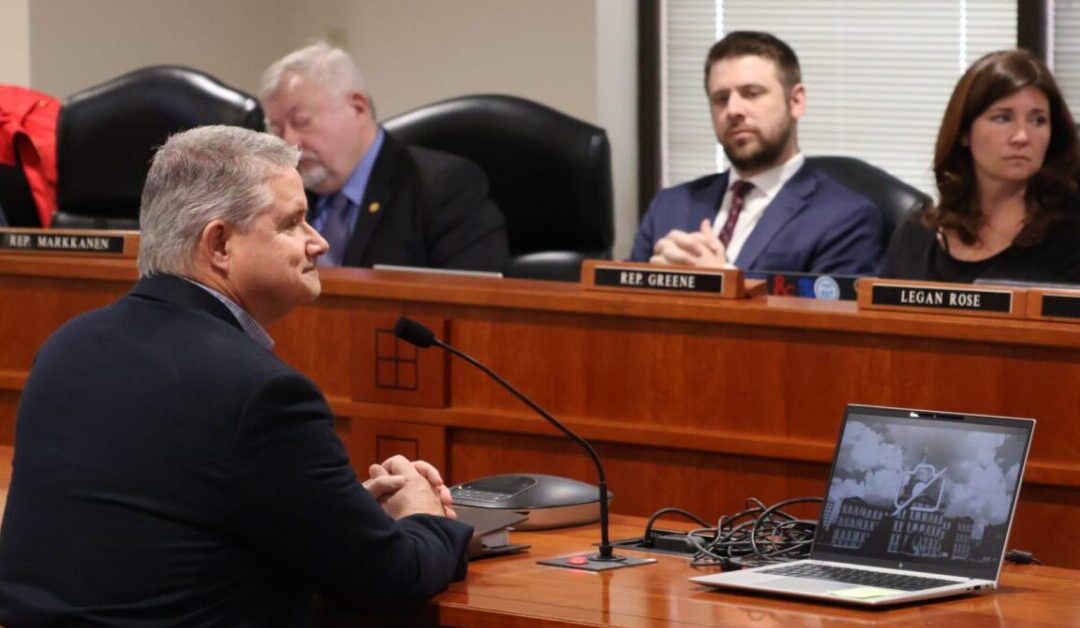
Families of mass shooting victims and survivors call for education on new safe storage laws
BY KYLE DAVIDSON, MICHIGAN ADVANCE MICHIGAN—Parents of victims and survivors of the Oxford High School and Michigan State University shootings on...
Local News

US government agrees to $138.7M settlement over FBI’s botching of Larry Nassar assault allegations
DETROIT—The US Justice Department announced a $138.7 million settlement Tuesday with more than 100 people who accused the FBI of grossly mishandling...
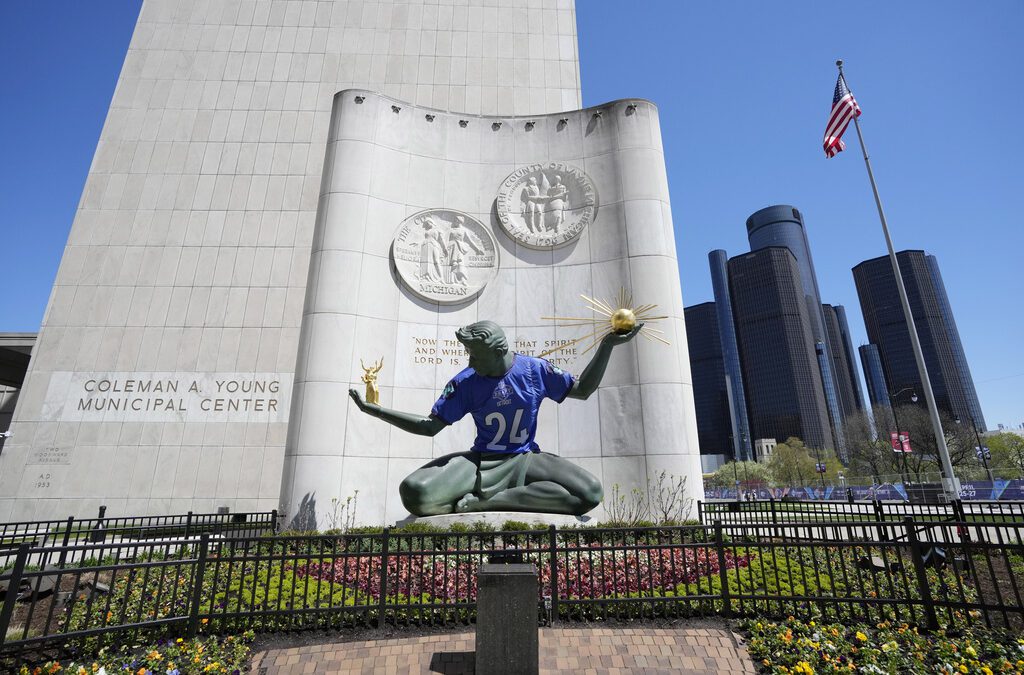
NFL draft has been on tour for a decade and the next stop is Detroit, giving it a shot in spotlight
DETROIT—The NFL draft has taken the show on the road for a decade, giving cities around the country a chance to be in the spotlight. Detroit is on...





